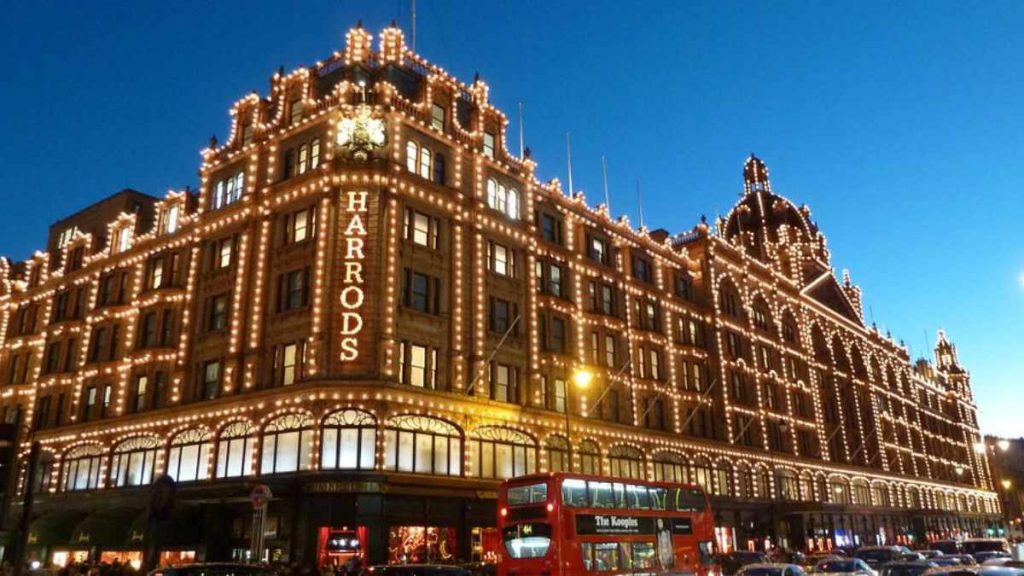The Qatari owners of Harrods, the iconic Harrods Knightsbridge department store, have granted themselves a substantial £180 million dividend for the second consecutive year. This comes despite a 35% drop in profits, highlighting concerns about a potential slowdown in the luxury goods sector.
In the financial year ending 3 February 2024, Harrods, which is owned by Qatar’s sovereign wealth fund, saw an 8.2% increase in sales, reaching £1 billion. The group, which also manages private jet services and sells merchandise to overseas stores, recorded a pre-tax profit drop from £171.5 million to £111.5 million. This significant decline can largely be attributed to a £46.2 million writedown connected to the store’s pension scheme liabilities, following a decision by pension trustees to secure an insurance policy with Scottish Widows.
Despite this financial strain, Harrods’ highest-paid director, understood to be Managing Director Michael Ward, took home £2.1 million, down slightly from £2.3 million the previous year. However, the store expanded its workforce, adding 775 new staff, signalling a rebound from the challenges posed by the Covid-19 pandemic, which had curtailed international tourism and impacted the UK’s luxury retail sector.
A Harrods spokesperson expressed confidence in the store’s financial health, citing steady growth: “2023 was a year of strong financial performance for Harrods, reflected in sustained and robust sales growth. This reinforces our position as a leader in luxury retail.”
Harrods attributes its positive performance to investments in both its physical store and online platforms, with new developments at its flagship Knightsbridge store, such as revamped dining areas and expanded swimwear and eveningwear sections. Despite the success, the company remains cautious about future prospects. 2024 is predicted to present greater challenges as high-end brands like Burberry, Gucci, and Tiffany have signalled a potential drop in demand, particularly among aspirational buyers.
While Harrods has maintained a positive trajectory in sales, other luxury department stores such as Harvey Nichols, John Lewis, and Fenwick have faced increasing difficulties. Meanwhile, Debenhams has vanished from the high street, and Beales operates just a handful of locations, with its Southport store closing this month.
Acknowledging the shifting market conditions, a Harrods spokesperson said, “These results reflect significant growth for the luxury industry in 2023. However, the current domestic and global economic climate has created more challenging trading conditions in the luxury sector.”
Despite the uncertain outlook, Harrods remains optimistic about the future of its business and the luxury market. “We are confident in the resilience of the luxury sector and in the business’s ability to sustain its long-term growth and performance objectives,” the spokesperson added.
As Harrods navigates the complexities of a fluctuating luxury market, its owners’ decision to pay out substantial dividends despite a profit drop underscores the confidence they have in the store’s long-term prospects, even amid global economic challenges.




